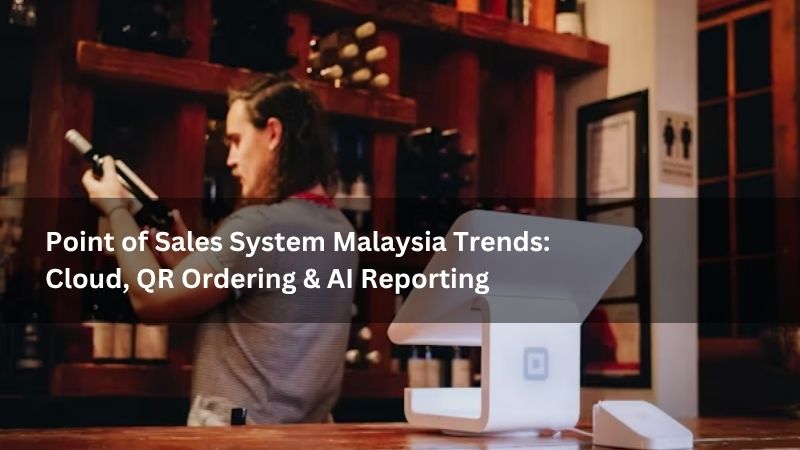Manufacturing, by definition, is the process of producing items on a big scale from raw materials, parts, and components into completed goods. These finished products are subsequently offered for sale to customers or to other producers, who proceed to create a more complicated product.
Businesses that build the finished product from these components, parts, and raw materials are known as manufacturing companies. In order to make their goods, these businesses often use machinery, robots, computers, and human assembly lines.
After learning what manufacturing comapanies perform, let’s examine the best ones now operating. According to revenue, the top 5 manufacturing companies in Malaysia are:
Toyota
Kiichiro Toyoda created the Toyota Motor Corporation, a Japanese car manufacturer, in 1937. Toyota Motor Corporation was ranked as the tenth-largest company in the world by revenue as of December 2019.
Since 2012, the business has produced more over 10 million automobiles annually, making it the first automotive manufacturer to do so.
The fact that Toyota Motor Corporation leads the Malaysia in hybrid electric vehicle sales and actively promotes the widespread use of hybrid vehicles is equally impressive.
Apple
Apple is a company that creates, produces, and sells consumer goods, computer software, and other internet services. It is based in Cupertino, California. Along with being the largest technology firm in the world by revenue, it is also considered to have one of the most valuable brands in the world.
Large-scale product releases can be carried out by the corporation without the need to keep inventory because of its production, purchasing, and logistical capabilities.
Apple invested $200 million in Corning, Inc., the company that made the Gorilla Glass used in iPhones, as part of a $1 billion investment initiative for advanced manufacturing in the United States.
Huawei
This Chinese technology business creates, develops, and markets consumer electronics and telecommunications products, such as modems, routers, phones, and more. The business, which has operations in more than 170 nations, surpassed Apple to become the second-largest smartphone producer in the world in 2018.
Unfortunately, Huawei has experienced security problems, most notably cybersecurity worries from the US government, and is currently prohibited from conducting business with any US-based companies.
Mitsubishi Motors
Mitsubishi Motors is a Japanese automaker with headquarters in Japan. The Mitsubishi Model A, the first mass-produced car in Japan, was released by Mitsubishi Shipping Company in 1917, giving rise to this business.
To produce aircraft engines and other parts, Mitsubishi joined with Mitsubishi Aircraft Company in 1934. It was Japan’s biggest firm at the time. They concentrated on creating machinery, ships, train carriages, and aircraft. It is a publicly traded firm now, with Nissan owning a third of it.
BMW
German company Bayerische Motoren Werke AG, usually referred to as BMW, makes high-end cars and motorcycles. As a maker of aircraft engines, BMW was established in 1916. BMW now produces a variety of automobiles in various models.
BMW iX3 SUV and BMW i4 four-door sedan, the company’s first fully electric model cars, will be on sale in 2020. They also offer a number of plug-in hybrid variants. The business is very active in the visual, performing, and architectural arts.
Future products will have better functionality at cheaper costs as some of the biggest manufacturing companies in Malaysia collaborate to meet consumer expectations. Manufacturing will surely be driven by automation, which will increase worker productivity, precision, and operational efficiency.















